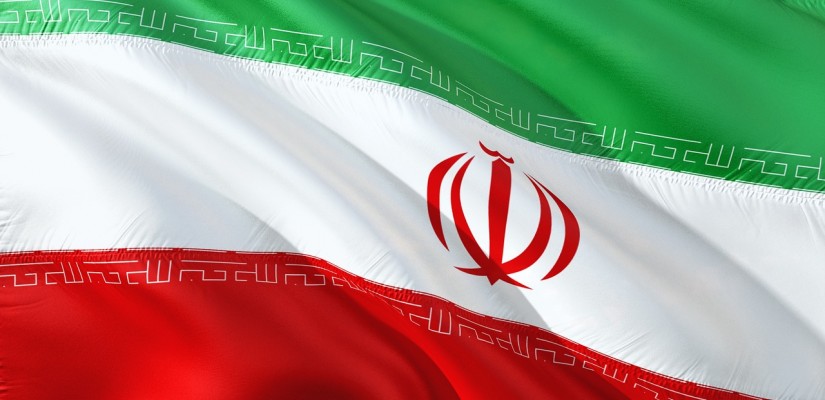In May 2018, United States President Donald Trump withdrew from the Joint Comprehensive Plan of Action (JCPOA). By withdrawing the United States from the JCPOA, President Trump is taking some serious risks that could result in Iran developing nuclear missiles. Moreover, there is some evidence to support the fact that Iran may already have plans of developing such a weapon. But why has President Trump made this decision? What are the risks associated with this move? A look at the facts may lead to a logical conclusion.
The JCPOA was signed in 2015 between Iran and the P5+1 (United States of America, United Kingdom, France, Russia, China, and Germany). Under this deal, Iran agreed to strictly limit its nuclear program in exchange for the removal of economic sanctions on Iran. In accordance with the deal, Iran has since allowed the International Atomic Energy Agency (IAEA) to regularly inspect for Iranian compliance. Under the watch of the IAEA, Iran has ended the use of its heavy-water plant that could be used to produce plutonium needed for nuclear weapons, shipped out all stockpiles of highly-enriched uranium, reduced the stockpile of low-enriched uranium, and dismantled a large portion of its nuclear program. According to IAEA, Iran had been in full compliance with the deal. Upon withdrawing the USA from the JCPOA, President Trump provided no evidence of Iranian noncompliance. As of January 2018, all other signatories to the JCPOA have maintained their adherence to the deal.

In addition to alleged noncompliance, President Trump has stated that a tougher deal is needed. President Trump believes that the deal is weak because of its expiration date, which would allow Iran to resume some nuclear enrichment activities in 10-15 years, and because the deal does not cover Iran’s ballistic missile program. Many experts believe that President Trump seeks to impose sanctions on Iran for other purposes. President Trump, along with many other leaders in the international community, have denounced Iran’s support for the Assad government in Syria, Hezbollah in Lebanon, and their role in Yemen. Additionally, President Trump may be fulfilling a campaign promise to end another Obama-era legacy. Furthermore, this move aligns US foreign policy closer to Israel, which also criticizes the JCPOA.
Regardless of the reasoning behind President Trump’s withdrawal, the risks associated with this decision are critical. First, with the United States pulling out of the deal and re-imposing sanctions, Iran may choose to restart their nuclear weapons program, given that they have much less incentive to comply with the agreement. Second, President Trump’s withdrawal has increased tensions between the US and European allies. The sanctions imposed by the US target Iran’s oil industry, which affects US allies that purchase oil from Iran. Furthermore, President Trump’s decision has sparked disagreement over the issue between the US and European allies, such as Germany, France, and the United Kingdom. Third, there is a significant risk that a new deal will be extremely difficult to achieve. It had previously taken years of multilateral confidence building and sensitive diplomacy to reach the JCPOA agreement. This time period witnessed repeated attempts to discourage Iran from producing nuclear weapons technology, all of which had ended in failure. Lastly, this decision will likely make future agreements far more difficult to negotiate. More specifically, this risk relates to ongoing negotiations between the US and North Korea over its nuclear program. North Korea will likely be more hesitant to come to an agreement with the US over the reduction of their nuclear program, given that the US may withdraw from an agreement in favor of tougher sanctions.

New updates from the Middlebury Institute of International Studies, which has been monitoring the Iranian space program via satellites, have found that Iran’s Imam Khomeini Space Center has seen a spike in activity. Some analysts theorize that Iran’s space program is only a front for their nuclear development program. Although this theory may turn out to be nothing more than conspiracy, the international community must accept that Iran could at any moment withdraw from the JCPOA and restart their nuclear program. This threat will remain until the Trump Administration can provide a better alternative to the JCPOA and persuade Iran to agree to such an agreement, if possible. Another alternative would be that President Trump initiate a regime change through military force.
